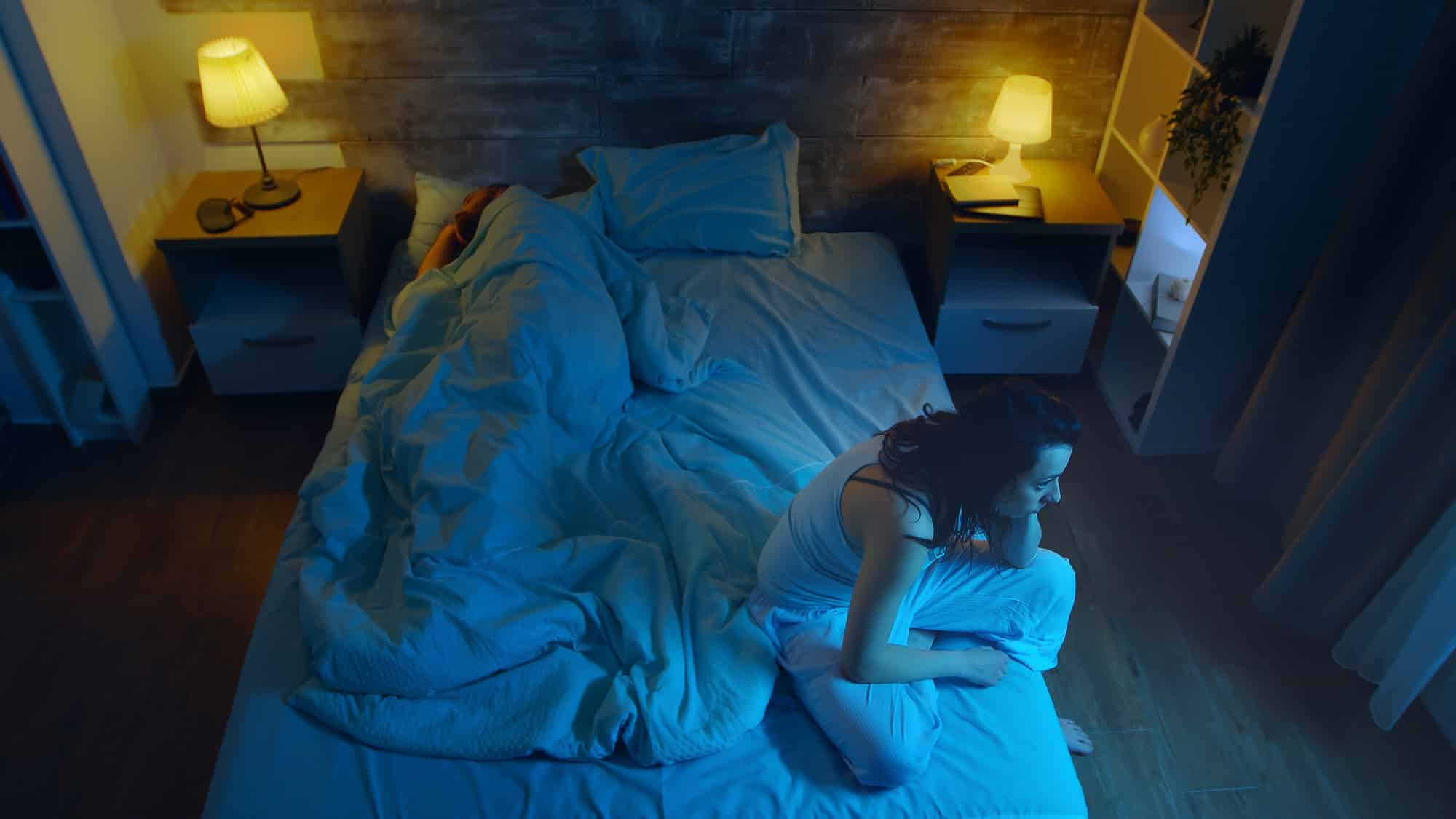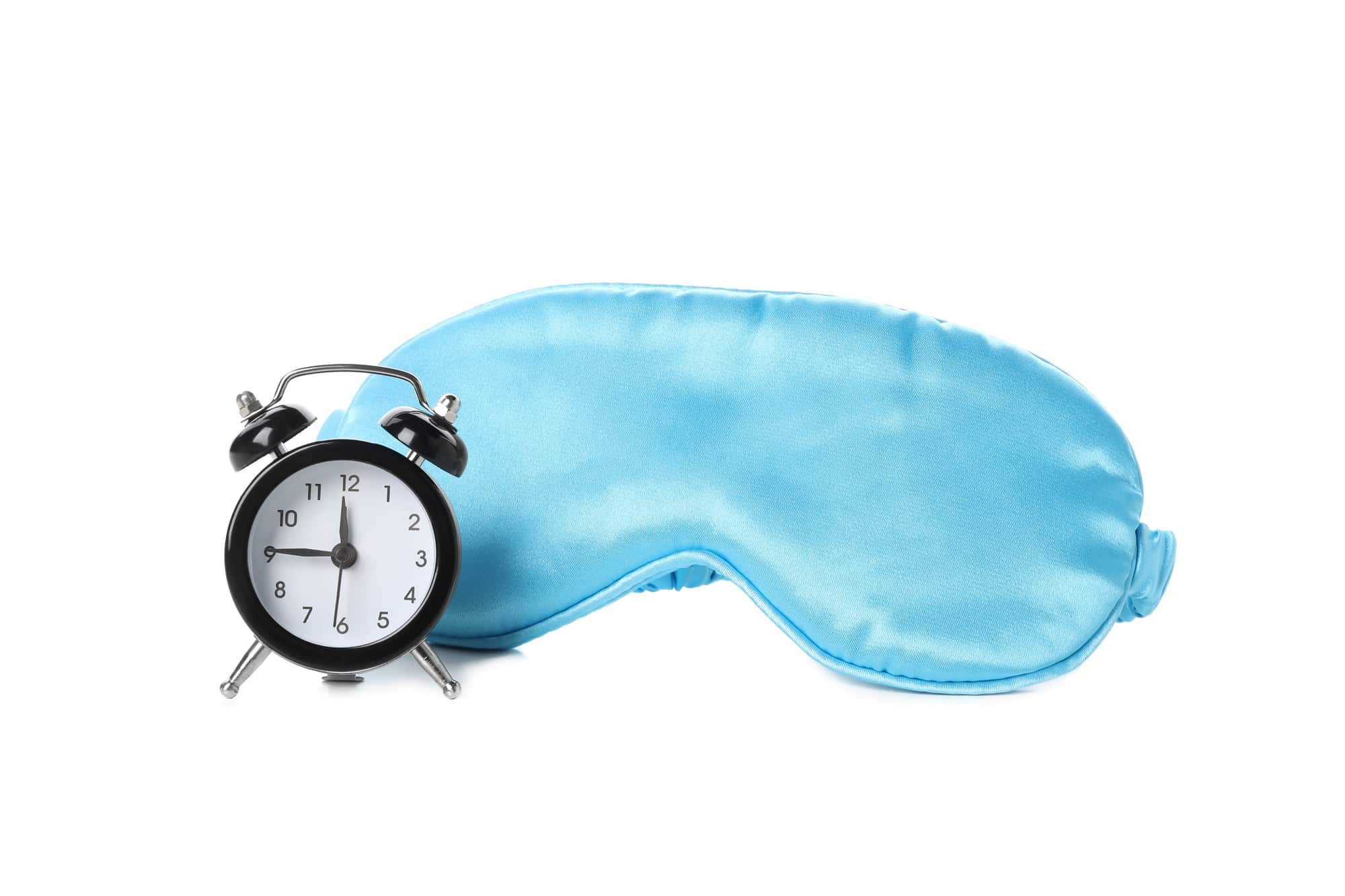Insomnia simply put is trouble falling asleep or staying asleep. It happens to everyone at some point but if happens on a regular basis it can impact how we feel, our health, and interaction with others. About 70 million Americans suffer with a sleep disorder and even many celebrities also admit to struggling with insomnia or difficulty sleeping.
How do I know if I have insomnia?
Insomnia is a disturbance in continuous sleep-problems with falling or staying asleep-and waking up not feeling refreshed and energized. Signs that we are not getting enough sleep includes daytime headaches, feeling moody, tiredness, not being able to concentrate.
If you have insomnia, you are not alone: 30 % of people complain of insomnia worldwide and 50 % of people have difficulty falling asleep either on a regular basis or occasionally. According to the Academy of Sleep Medicine, insomnia is defined as regular or chronic lack of continual sleep with daytime fatigue or sleepiness that happens at least 3 nights a week for 3 months or greater.
How much Sleep do I need?
There are variations in the amount of sleep adults need to feel refreshed however the National Sleep Foundation advises 7 to 8 hours of sleep daily based on data that suggests that adults who sleep 6-9 hours daily have better health, quality of life, and cognition (think better). In fact, lack of regular sleep can contribute to gaining weight or obesity, high blood pressure, and depression.
Does sleep change as you get older?
The need for sleep does not change as we get older, but our sleep physiology (how the body sleeps) does. As we age (plateaus at age 60) it may be harder to get a good night’s sleep. For example, melatonin the hormone of sleep is secreted mostly at night with higher levels in young people and starts to decline with age. Aging also changes our circadian rhythm or sleep-wake cycle. As we age, we go into “phase advance,” which means we start to feel sleepier earlier in the evening and wake up earlier in the morning.
Unfortunately, this change in sleep pattern may decrease the important amount of time we spend in Rapid Eye Movement (REM) sleep-the type of deep sleep we need for better cognition (think better), and to feel refreshed and energized the next day.
Can insomnia be due to health problems not just getting older?
Yes, insomnia can be due to chronic pain making it harder to sleep continuously, breathing problems like asthma or sleep apnea where you actually have periods of apnea (times of not breathing) that can happen for a variety of reason including being overweight. Menapause in women can cause “hot flashes,” and disruption in sleep, and even severe heartburn can keep us up at night. Also, travelling frequently to different times zones can impact the sleep-wake cycle. Stress or life events and even endocrine problems like thyroid imbalance can lead to poor sleep patterns.
Do any of our favorite Celebrities struggle with insomnia or difficulty sleeping?
George Clooney freely admits to dealing with insomnia during an interview and many times goes to bed without turning the TV off, “Turning off the TV causes me to think, and once I start that vision roaring, I have a very tough time getting to sleep.”
Lady Gaga and Madonna both admit to also battling insomnia.
One of our favorite celebrities, Jennifer Aniston says in an interview, “I think it started when in my thirties or even earlier, but you just do not notice the lack of sleep when we’re younger because we’re so invincible.” She goes on to say, “watching the clock is a big no-no,” and helps sleeping with the phone at least 5 feet away. She also does a quick mediation before going to bed and doing stretches and yoga poses. In a recent New York Post article went on to say, “Sleep and I have a real hard relationship…I really want to love it.”
What else should we know about insomnia as we get older?
Despite changes in our body’s wake-sleep cycle, and decrease in melatonin, you can still get a good night’s sleep. And, if you have chronic pain, breathing problems, or other reasons for not getting a good night’s sleep be sure to discuss this with your doctor.
In the meantime, it is important to keep a sleep diary to record when you go to bed, how much time it takes to fall asleep and stay asleep, and if you take naps. Record when and how many caffeine drinks per day as can keep you awake; alcohol intake as can make you fall asleep quicker but may lead to frequent awakenings and interruption in important REM sleep and also record any new medications as may be interfering with a good night’s sleep.
Please, refer to my articles on Melatonin and sleep, and Popular sleep rule for more tips and remember to sign up for my e-mail alerts so you do not miss my next article on how to treat insomnia.
If you have any questions, AskDoctorH we are here to help.




 Have Questions? AskDoctorH
Have Questions? AskDoctorH